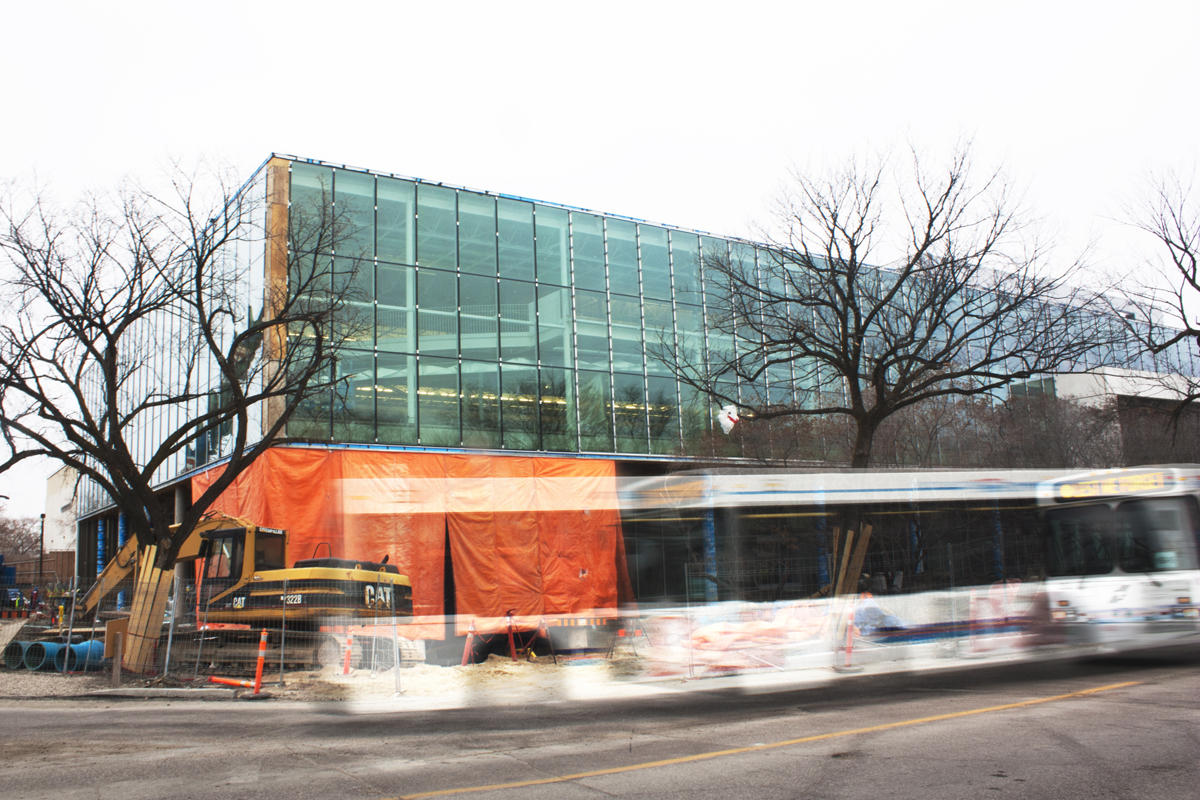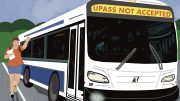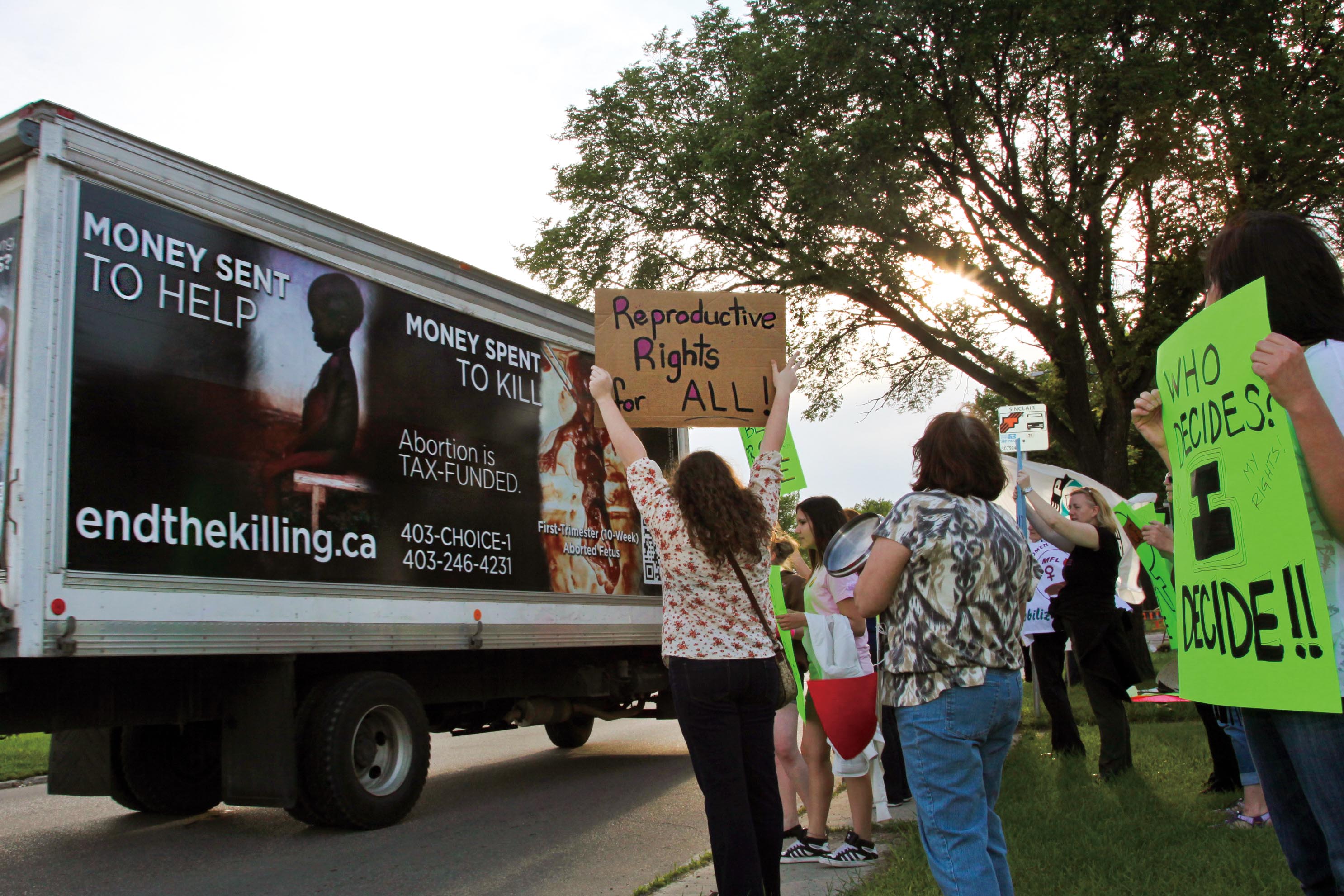The universal transit pass (U-Pass) implementation is back on the table early next week, with major implications for the already controversial 2015 city operating budget.
Recommendations to proceed with the program are up for consideration by the standing policy committee on infrastructure renewal and public works, tabled for discussion on Monday morning.
This rudimentary development regarding the U-Pass would give Winnipeg Transit authorization to proceed with plans to implement the program, having satisfied the conditions set by city council last February and following successful referendums held at participating post-secondary institutions.
The transit program is meant to provide students attending participating post-secondary institutions across the city with more affordable access to public transportation options. Set to begin in September 2016, the transit pass will be paid for in part by a mandatory fee assessed to post-secondary students, tacked onto their tuition installments for each academic term.
This past November, students from those participating schools voted in favour of the U-Pass, at the cost of $260 per fall and winter terms, in referendums held by the University of Manitoba Students’ Union, the U of M Graduate Students’ Association, and the University of Winnipeg Students’ Association.
With dramatically different margins at each of the institutions involved, the overall positive outcome of the majority vote signalled to Winnipeg city council to move forward on plans to implement the U-Pass.
This Monday’s meeting has a busy agenda laid out for the standing policy committee, with relevant transit recommendations scheduled.
St. Norbert Councillor Janice Lukes chairs the committee, filled with three other city councillors as members, and four Winnipeg public service representatives scheduled to be in attendance at the upcoming meeting.
Dave Wardrop, director of Winnipeg Transit, will be the spokesperson from the transit department, reporting administrative cost analysis of the U-Pass to the committee on infrastructure renewal and public works.
In order for Winnipeg Transit to proceed on the U-Pass implementation, the committee will look at the costs of implementing the program for post-secondary students, subject to each students’ association’s U-Pass proposal undergoing approval by their respective institution’s board of governors, which is compulsory to moving forward on any remaining recommendations.
Some remaining recommendations in line for approval include that additional operating hours be added to transit routes identified to accommodate increased ridership, and the operating budget be enlarged by $994,000 in 2016 for four months and $2,185,000 annually in 2017.
An augmented operating budget would cover the loss of revenue, additional service costs required for the universal transit program, and charges for the planned purchases of nine additional buses. Their proposal includes a motion for $5,164,000, financed by external debt, to be added to the 2016 capital budget, for the purchases of additional buses. Additionally, Winnipeg Transit seeks authorization to increase staff to accommodate, adding more bus operators, maintenance, and supervisory staff to their service team.
With the introduction of the 2015 budget proposal, for those who have long been involved with the program planning process, it appears that their plans have begun to materialize.
“Our initial discussions with members of city council weren’t always positive and it took a lot of persistent lobbying, working together, and hard work to get the bus moving on this one,” said Zach Fleisher, chairperson of the Canadian Federation of Students, in an online statement.
“We’ve been there lobbying council members, seen it survive two referendums, had our hopes and dreams dashed only to see it come back to life in a form of a budget amendment.”





